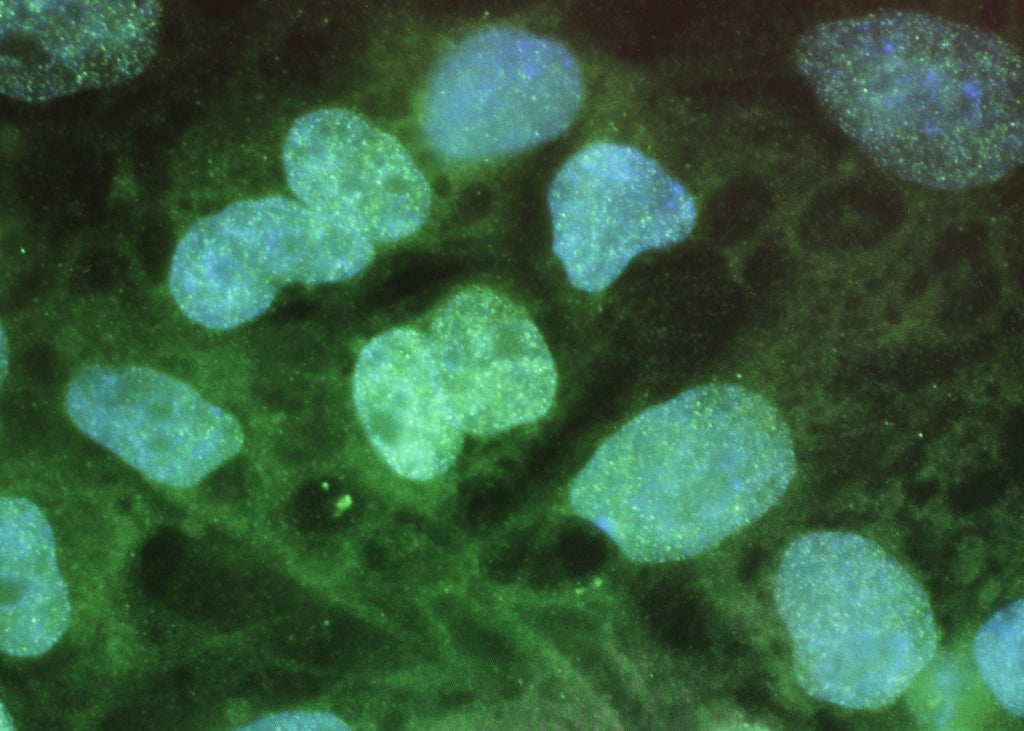Stem-cell doctors to trial 'bandage' for torn knees

Your support helps us to tell the story
From reproductive rights to climate change to Big Tech, The Independent is on the ground when the story is developing. Whether it's investigating the financials of Elon Musk's pro-Trump PAC or producing our latest documentary, 'The A Word', which shines a light on the American women fighting for reproductive rights, we know how important it is to parse out the facts from the messaging.
At such a critical moment in US history, we need reporters on the ground. Your donation allows us to keep sending journalists to speak to both sides of the story.
The Independent is trusted by Americans across the entire political spectrum. And unlike many other quality news outlets, we choose not to lock Americans out of our reporting and analysis with paywalls. We believe quality journalism should be available to everyone, paid for by those who can afford it.
Your support makes all the difference.The doctors behind the world's first transplant of an artificial windpipe made from a patient's own stem cells are to begin clinical trials next year on a stem-cell "bandage" for mending torn knee cartilage.
Professor Anthony Hollander of the University of Bristol, who helped save the life of a Colombian woman, Claudia Castillo, with the transplant of a tissue-engineered windpipe, will lead a team treating patients with torn knee cartilages, a common problem among sportspeople. The doctors aim to transplant stem cells derived from a patient's bone marrow on to a damaged knee joint, where it is hoped the cells will act like a repairing bandage to mend the tissue.
Bristol University said the clinical trials had been approved by the Medicines and Healthcare products Regulatory Agency and that the university spin-off company, Azellon Cell Therapeutics, has so far raised £2.25m for the trial.
Join our commenting forum
Join thought-provoking conversations, follow other Independent readers and see their replies
Comments